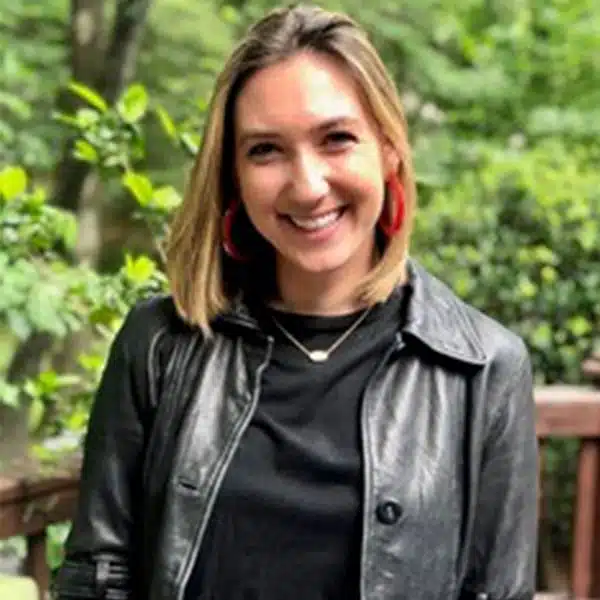2020 Educational Enrichment Scholar — Vanderbilt University
It’s 5:00 am. Bleary-eyed swimmers stand around a pool. The thought of plunging into water makes them shudder. Nonetheless, they pop on their swim caps, put their goggles on, take a deep breath and dive in. Within that group is a young woman in a pink cap. That woman is me. That pink cap symbolizes a swimmer with a disorder whose life has been laced with tribulations and triumph.
For the majority of my life I wore that cap out of necessity; I have epilepsy. The cap’s sole purpose was to make me identifiable in case I suffered a seizure in the water.? This solution granted me access to continue my sport and live a normal life. Swimming is undeniably a large part of who I am, but so is epilepsy.
I was diagnosed with absence epilepsy as a 4th grader. My sister was diagnosed a few years later. The diagnoses were confusing- jolting- scary. During this time, my parents raced me around the country. We saw every pediatric neurologist we could. We did anything that could reduce the frequency of seizures, without imparting personality impairing side effects. It felt unfair at the time, yet today I look at my epilepsy experience with great fondness and appreciation for my support system; something I am conscious not everyone has or can afford.
Healthcare is wildly expensive. To this day, I have a better, but still incomplete understanding of the financial toll my condition has had on my family: a middle-class, suburban family. It was widely understood that the medications, lab tests, and EEGs were expensive. For a lot of my life, I suspected my poor health contributed to my family’s financial insecurity. I grappled with this guilt starting at a young age.? I imagined how a family less wealthy family would deal with a chronic health issue. I’ve learned that the answer is often simple. They cannot.
Inequalities within healthcare are stifling; the systems in place favor the rich and overlook the poor. This is the gap that angered and motivated me to study Sociology, Global Health, and Markets and Management at Duke. While at Duke, I was introduced to Global Health, an area of study that forced me to analyze various cultural components that impact health and access to medicine.
Today, my restlessness for improved care continues. In the fall I will be pursuing my Masters in Public Health at Vanderbilt University. While in school I hope learn how to expand access to medicine, ultimately becoming an agent of change. While at Vanderbilt I also hope to conduct research on adherence and access to antiseizure medicine in Kano, Nigeria.
Epilepsy is more than seizures. I believe it imparts skills, mindsets, and characteristics on families and individuals. My life with epilepsy, personally, professionally, and athletically, has developed me into a practical optimist, who looks to improve access to medicine.





